detail profile richard leacock
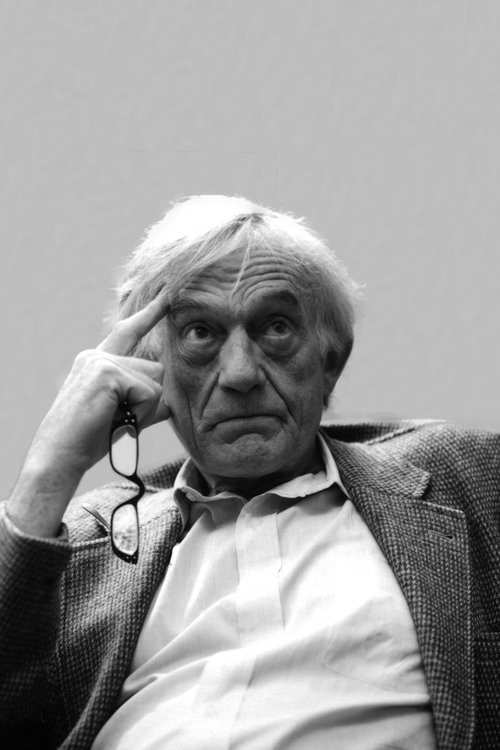
Richard Leacock
Ричард Ликок
atau dikenal sebagai
Riwayat Hidup
Richard Leacock (July 18, 1921 – March 15, 2011) was a pioneering American-born filmmaker, widely regarded as one of the founding figures of the cinéma vérité movement.
He was a key influence on the development of observational documentary filmmaking, known for his innovative use of handheld cameras and his emphasis on capturing spontaneous, real-time events.
Leacock's most notable works include Primary (1960), which followed John F.
Kennedy and Hubert Humphrey during the 1960 Democratic primary campaign, and Chronicle of a Summer (1961), co-directed with Jean Rouch, a landmark film in the cinéma vérité genre.
Throughout his career, Leacock collaborated with other influential filmmakers, including Robert Drew and D.
A.
Pennebaker, and helped shape the way documentaries were made.
His legacy continues to influence contemporary documentary filmmakers.
Info Pribadi
Peran Yang Di Mainkan Richard Leacock
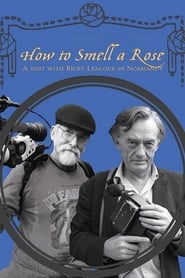 In the year 2000 Les Blank along...
In the year 2000 Les Blank along...How To Smell A Rose: A Visit with Ricky Leacock at his Farm in Normandy 2014
In the year 2000, Les Blank, along with co-filmmaker Gina Leibrecht, visited Richard Leacock (1921-2011) at his farm in Normandy, France and recorded conversations with him about his life, his work, and his other passion: cooking! With the flair of a seasoned raconteur, Leacock recounts key moments in his seventy years as a filmmaker and the innovations that he, D.A. Pennebaker, Albert Maysles and others invented that revolutionized documentary filmmaking, and explores the mystery of creativity. With the passing of both Blank and Leacock, the documentary is a moving insight into the lives of two seminal figures in the history of film.
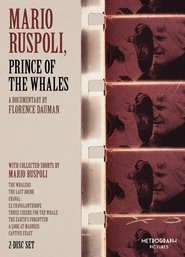 Colleagues friends and specialists pay tribute...
Colleagues friends and specialists pay tribute...Mario Ruspoli, Prince of the Whales 2011
Colleagues, friends and specialists pay tribute to the filmmaker Mario Ruspoli in a portrait that mixes encounters, archive images and film excerpts. With testimonies from Richard Leacock, Albert Maysles, Edgar Morin, D.A. Pennebaker and others.
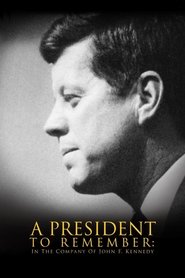 Bringing to life an American President...
Bringing to life an American President...A President to Remember: In the Company of John F. Kennedy 2008
Bringing to life an American President who was widely respected by his countrymen and celebrated around the world. Composed from four break through films by Robert Drew, each an unprecedented record in candid photography of a phase of John F. Kennedy’s political life. Kennedy is seen in close up from young Senator campaigning for the Presidency, to an ebullient new President moving into the White House, to a burdened President trying to solve grave problems in the Oval Office. The shock of his death is seen through the faces of his compatriots. Now these four films are edited together with other footage of the time. This film is an intimate history of how one American President struggled to bring wisdom and honor to the office of the Presidency.
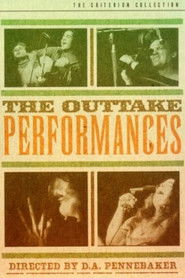 Additional musical performances from the 1967 Monterey...
Additional musical performances from the 1967 Monterey...Monterey Pop: The Outtake Performances 2002
Additional musical performances from the 1967 Monterey Pop Festival in California, shot for the film Monterey Pop (1968) and released on the Criterion Blu-ray The Complete Monterey Pop Festival.
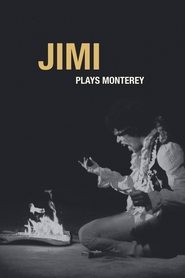 Jimi Hendrixs debut American set at 1967...
Jimi Hendrixs debut American set at 1967...Jimi Plays Monterey 1987
Jimi Hendrix's debut American set at 1967's Monterey Pop Festival is generally considered one of the most radical and legendary live shows ever. Virtually unknown to American audiences at the time, even though he was already an established entity in the UK, Hendrix and his two-piece Experience explode on stage, ripping through blues classics "Rock Me Baby" and Howlin' Wolf's "Killing Floor," interpreting and electrifying Bob Dylan's "Like a Rolling Stone," debuting songs from his yet-to-be-released first album and closing with the now historic sacrificing/burning of his guitar during an unhinged version of "Wild Thing" that even its writer Chip Taylor would never have imagined. Hendrix uses feedback and distortion to enhance the songs in whisper-to-scream intensity, blazing territory that had not been previously explored with as much soul-frazzled power.
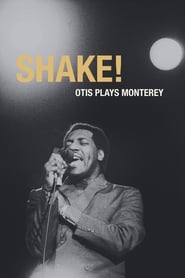 Renowned documentary filmmaker DA Pennebaker captures...
Renowned documentary filmmaker DA Pennebaker captures...Shake! Otis at Monterey 1987
Renowned documentary filmmaker D.A. Pennebaker captures Otis Redding in his ascendancy, singing at the historic Monterey International Pop Festival in June 1967. Comedian Tom Smothers introduces Redding to a crowd that is leaving -- until Redding grabs them with his charged rendition of "Shake." Redding's performance also includes "Respect" (which he wrote), "I've Been Loving You Too Long," "Satisfaction," and "Try a Little Tenderness." Tragically, Redding died in a plane crash six months later. An innovative filmmaker who started in the 1950s making experimental films, Pennebaker garnered an Oscar nomination for Best Documentary Feature in 1993 for The War Room, his behind-the-scenes look at Bill Clinton's 1992 campaign. His other subjects have included Norman Mailer, Bob Dylan, and David Bowie.
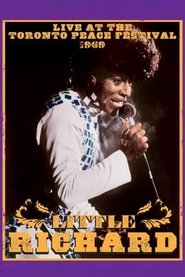 Keep On Rockin aka Little Richard...
Keep On Rockin aka Little Richard...Little Richard: Keep on Rockin' 1973
Keep On Rockin', aka Little Richard: Keep On Rockin' (USA video title) is a film of a 1969 Little Richard concert at the Sweet Toronto Peace Festival, originally released in 1970. Richard performs a number of his greatest hits, including "Good Golly Miss Molly," "Long Tall Sally," and "Tutti Frutti." The film is in color.
 Lighter and livelier than the films...
Lighter and livelier than the films...1 P.M. 1971
Lighter and livelier than the films Jean-Luc Godard had made in France, his U.S. collaboration with Direct Cinema documentarian D. A. Pennebaker was meant to be One A.M., as in “one American movie”; but Godard quit the project and the U.S., where to his dismay he discovered that revolution wasn’t imminent, and Pennebaker edited Godard’s material, to which he and Richard Leacock even added a bit more, releasing the result as One P.M., as in “one parallel movie.” It’s a stunning mixture of cinéma-vérité, political theater, and interviews of key sixties figures.
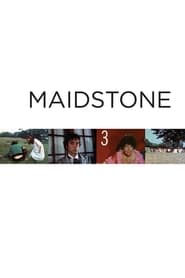 Over a boozefueled increasingly hectic fiveday...
Over a boozefueled increasingly hectic fiveday...Maidstone 1971
Over a booze-fueled, increasingly hectic five-day shoot in East Hampton, Norman Mailer and his cast and crew spontaneously unloaded onto film the lurid and loony chronicle of U.S. presidential candidate and filmmaker Norman T. Kingsley debating and attacking his hangers-on and enemies. This gonzo narrative, “an inkblot test of Mailer’s own subconscious” (Time), becomes something like a documentary on its own making when costar Rip Torn breaks the fourth wall in one of cinema’s most alarming on-screen outbursts.
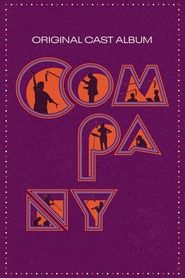 In 1970 right after the triumphant premiere...
In 1970 right after the triumphant premiere...Original Cast Album: Company 1970
In 1970, right after the triumphant premiere of Stephen Sondheim’s groundbreaking concept musical Company, the renowned composer and lyricist, his director Harold Prince, the show’s stars, and a large pit orchestra all went into a Manhattan recording studio as part of a time-honored Broadway tradition: the making of the original cast album. What ensued was a marathon session in which, with the pressures of posterity and the coolly exacting Sondheim’s perfectionism hanging over them, all involved pushed themselves to the limit.
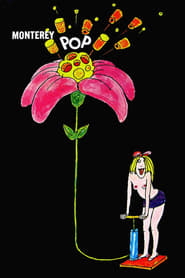 Featuring performances by popular artists of...
Featuring performances by popular artists of...Monterey Pop 1968
Featuring performances by popular artists of the 1960s, this concert film highlights the music of the 1967 California festival. Although not all musicians who performed at the Monterey Pop Festival are on film, some of the notable acts include the Mamas and the Papas, Simon & Garfunkel, Jefferson Airplane, the Who, Otis Redding, and the Jimi Hendrix Experience. Hendrix's post-performance antics -- lighting a guitar on fire, breaking it and tossing a part into the audience -- are captured.
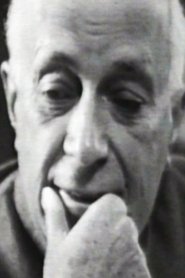 The first candid film made on...
The first candid film made on...Nehru 1962
The first candid film made on a foreign chief of state, three weeks in the life of Jawaharlal Nehru.
 Primary is a documentary film about...
Primary is a documentary film about...Primary 1960
Primary is a documentary film about the primary elections between John F. Kennedy and Hubert Humphrey in 1960. Primary is the first documentary to use light equipment in order to follow their subjects in a more intimate filmmaking style. This unconventional way of filming created a new look for documentary films where the camera’s lens was right in the middle of what ever drama was occurring. Preserved by the Academy Film Archive in partnership with The Film Foundation in 1998.
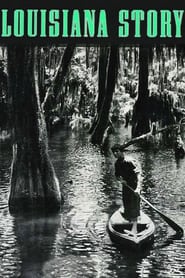 The idyllic life of a young...
The idyllic life of a young...Louisiana Story 1948
The idyllic life of a young Cajun boy and his pet raccoon is disrupted when the tranquility of the bayou is broken by an oil well drilling near his home.
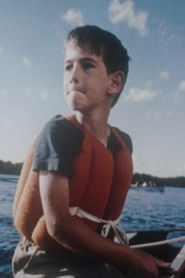 Twins Christopher and David gets into...
Twins Christopher and David gets into...